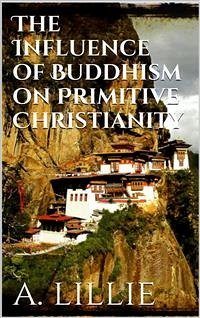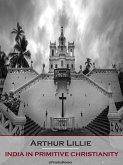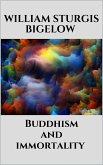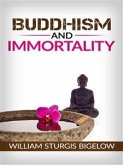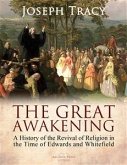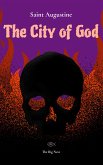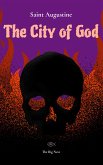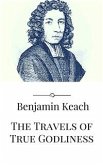A volume that proves that much of the New Testament is parable rather than history will shock many readers, but from the days of Origen and Clement of Alexandria to the days of Swedenborg the same thing has been affirmed. The proof that this parabolic writing has been derived from a previous religion will shock many more. The biographer of Christ has one sole duty, namely, to produce the actual historical Jesus. In the New Testament there are two Christs, an Essene and an anti-Essene Christ, and all modern biographers who have sought to combine the two have failed necessarily. It is the contention of this work that Christ was an Essene monk; that Christianity was Essenism; and that Essenism was due, as Dean Mansel contended, to the Buddhist missionaries "who visited Egypt within two generations of the time of Alexander the Great."

